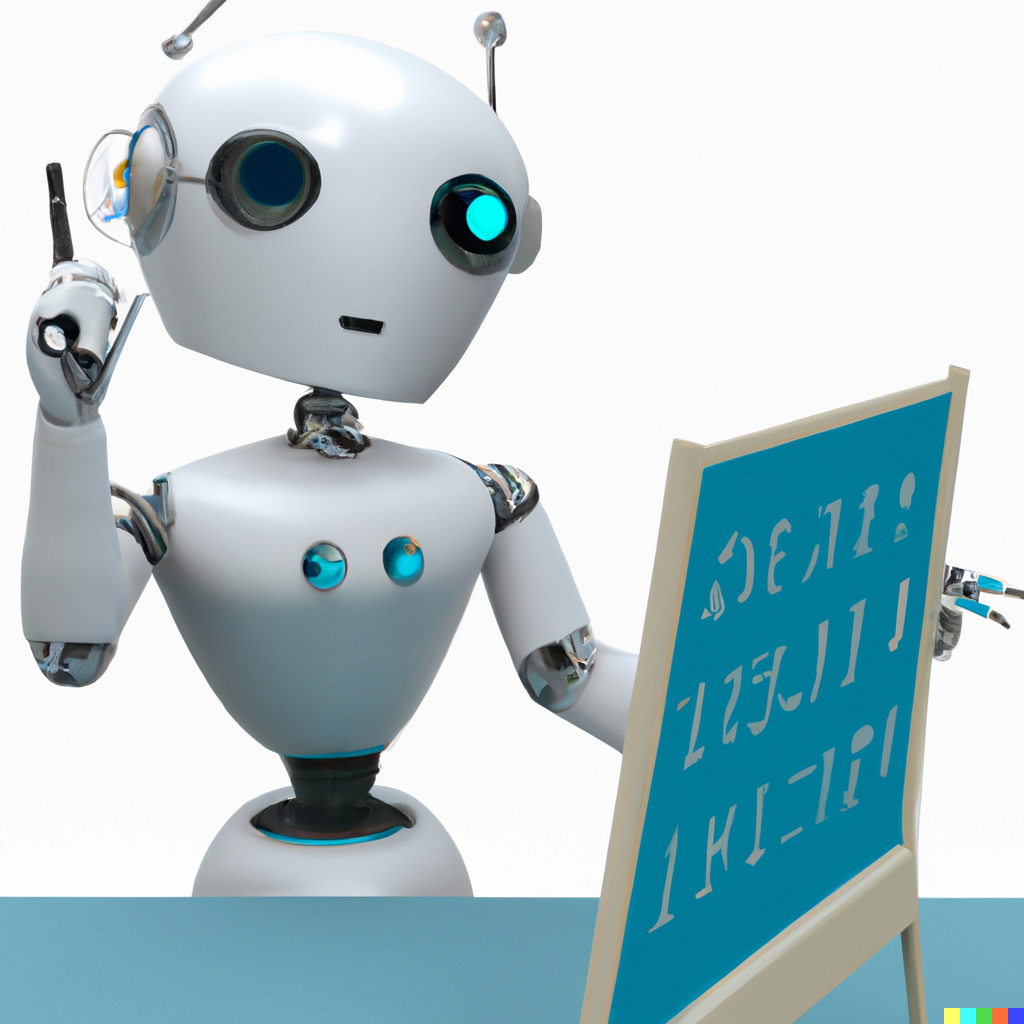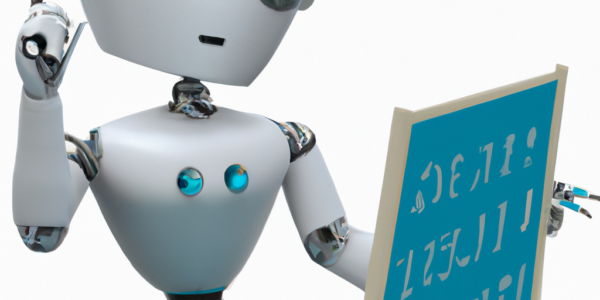Generally speaking, robots are built to do specific tasks. They have drive and control systems that use programming to direct them in specific actions. However, there has recently been a push to make robots more versatile. With an ever-increasing focus on customization, small runs, and flexibility in supply chains, being able to teach old robots new tricks would clearly be beneficial.
Machine learning seems promising, but any real progress in this area is far in the future. So far, even the best examples of machine learning in physical robots as opposed to software bring the robots one to a skill level comparable to a human two year old. Conceptually, they’re not there yet. They can’t fold clothes anywhere near as well as humans, open doors reliably, or make a proper cup of coffee. A task like picking up objects of different shapes sitting in different orientations becomes a major triumph.
A new idea from Google
Google has a new idea. Instead of trying to teach a robot to learn a new physical skill, Google wants to teach large language models (LLMs) to write programs for robots in response to human language.
Just as Dall-E will make you a mediocre image from natural language descriptions, as shown below, the LLMs can write Python code to tell the robot to do something simple.

The LLMs can write code telling a robot to “stack the blocks on the empty bowl,” for example. They can’t write code telling the robot to “build a house with the blocks.” For that you would need a two year old human. But instructions suitable for robots could be programmed by the LLMs. Essentially, the humans can tell the robot to do something the way they tell Alexa or Siri to do something, in natural language, with ease.
Strong future prospects
This is a plan that people can build on. It could take advantage of the things people are good at and the things that robots are good at. We will watch with interest.
In the meantime, when you need service or support for your Indramat motion control systems, we can help.
Call (479) 422-0390 for immediate assistance.



